“Show, don’t tell” has always been one of the golden rules of filmmaking. It gets hammered into the artistic sensibilities of film students from the moment they take their first class. And correctly so. The unique versatility of the medium allows an unparalleled pursuit of visual and auditory pleasure. But, once in a blue moon comes a movie that challenges all the filmmaking rules and tells a story on its own terms. ‘Malcolm & Marie’, the explosive relationship drama from writer-director Sam Levinson (‘Euphoria’), is one such film.
Dense with long takes and longer monologues, ‘Malcolm & Marie’ unfolds like a two-hander play. It maintains an exclusive and relentless focus on its two protagonists, never offering a respite through plot devices like flashbacks or the introduction of supporting characters. Here is everything you need to know about the film’s ending. SPOILERS AHEAD.
Malcolm & Marie Plot Synopsis
The entire film (except for the closing scenes) takes place within the span of a couple of hours late one night. Young filmmaker Malcolm (John David Washington) and his girlfriend Marie (Zendaya) return to their rented and temporary abode after attending the premiere of Malcolm’s most recent film. Their conversation reveals that he has made movies before, but none received positive reviews from the critics. However, this one will likely break that unflattering streak. All the critics that Malcolm spoke to in the evening gave him positive feedback.
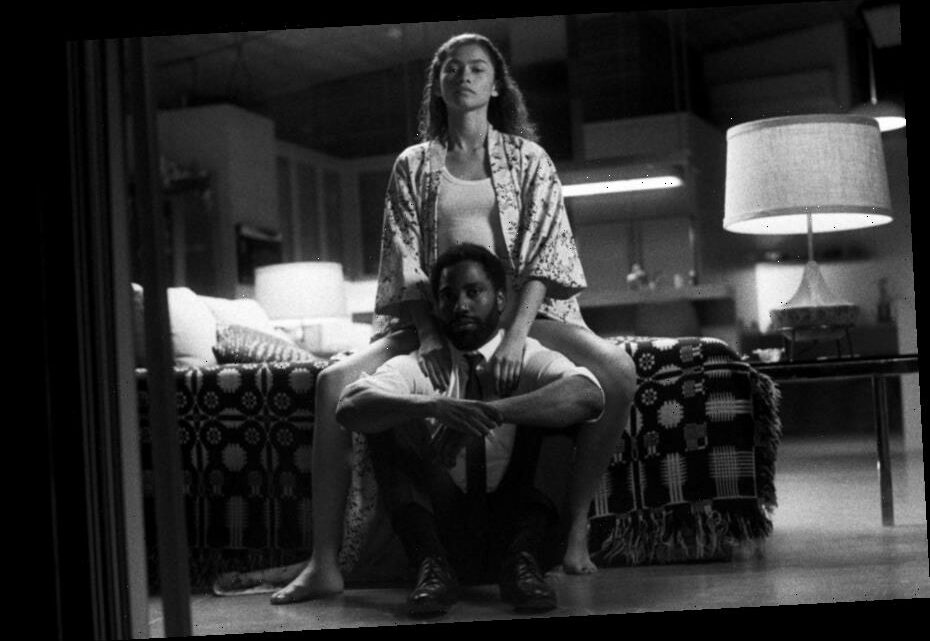
As he waits for their reviews to be published and to know what they officially think, he notices that Marie is angry with him. It is revealed that Malcolm forgot to thank Marie during his speech. Although he later apologized, it is clearly not enough. Marie recognizes it as a symptom of a bigger problem and connects it to his inherent narcissism. What follows is a cascade of accusations and counter-accusations, with neither of them particularly caring that they are causing irreparable damage to their relationship.
Malcolm & Marie Ending: Why Are Malcolm and Marie Fighting?
The accusations and subsequent fights occur in an episodic manner, and as the film progresses, they worsen. Marie claims that the protagonist of Malcolm’s film, Imani, is based on the period of her life when she was an addict. For her, Malcolm’s inability to give credit where it’s due stems from his narcissism. He can’t fathom the idea of rightfully sharing the fruit of his creative labor with someone else, even if that person is as deserving of it as him.
Malcolm’s response is no less emotionally violent. “You wanna hurt me, Marie,” he tells her. “I promise you; I can hurt you ten times worse. You’re an (expletive) featherweight, a level-one boss. I can snap you like a twig.” He then launches into this lengthy verbal assault on her self-worth. He names all the women from his past who have inspired him to create Imani and relegates the similarities between the character and Marie to the former’s tragic aspects.
Malcolm takes an obscene amount of pleasure in providing certain details about one particular past lover, Kiki. He says that she worked as a dancer while clearly meaning something else. Throughout the film, Malcolm reiterates that this is supposed to be the biggest night of his life and blames Marie for ruining it because of her own insecurities. He has fought tooth and nail to realize his dreams, and it has brought him to where he is now.
On the contrary, Marie has long given up on her pursuit of becoming an actor, despite being incredibly talented. Eventually, it comes up that Marie always saw the project as a collaborative effort and wanted to play Imani herself. It came as a shock to her when Malcolm left her behind and chose someone else to be his leading lady. These revelations, as much as the scorched earth fights, drive the plot forward.
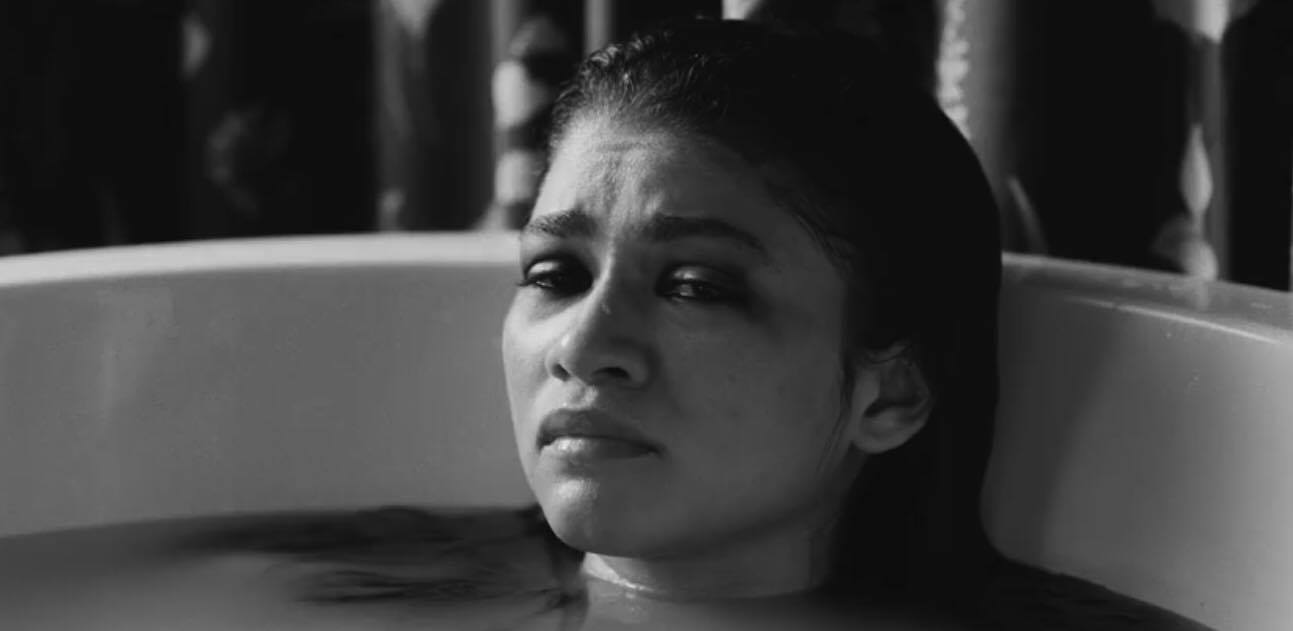
We learn about Marie’s past infidelity, drug abuse, overdosing, and suicide attempt as Malcolm weaponizes each of them, along with the fact that he stayed with her throughout it all. Marie correctly describes him when she says that he doesn’t know how to de-escalate a situation. However, ironically, she ends up being the culprit of the same crime. Each time, the argument ends with a sense of finality. And yet, the one who lost that round inevitably approaches the other, and the fight starts all over again.
Shot in black and white, the film is intensely claustrophobic, despite the spacious house it is set in. Although the two characters regularly take breaks from fighting to drink, smoke, or stroll around, they are ultimately trapped with each other, at least for the night. Separation comes up several times, but it is never earnestly discussed. Despite the horrible things they say to each other, Malcolm and Marie are still hopelessly in love.
Ultimately, the film circles back to Malcolm’s narcissism and his unwillingness to change himself for the relationship’s sake. While Marie has rigorously sought to transform her life for the better, Malcolm has been happy to remain in stagnation, genuinely believing that he is as good as he can ever be. Marie finally recognizes this when he tells her how easily he can eviscerate her arguments while comparing her to a twig.
All Marie wanted from him on this night is a public “thank you” for her contribution to the film and his life in general. She let him use her experiences to write the script and read draft after draft until he was satisfied with what was on paper. She even convinced herself to accept his decision of not casting her for Imani’s role, even though she desperately wanted to do it. Malcolm not mentioning her name during the premiere demonstrates to her how stunted he is as a person. She warns him that his shortcomings are bound to affect his creativity as well.
Why Is Malcolm Angry at the Critic?
There was a white female movie critic at the premiere representing a mainstream news outlet from Los Angeles. She gave a bad review to one of Malcolm’s earlier films, and evidently, he has held a thinly-disguised grudge against her since then. However, even this critic likes the new film and tells him so after the premiere. But Malcolm becomes irritated when the woman starts to point out what she thought are racial and social commentaries.
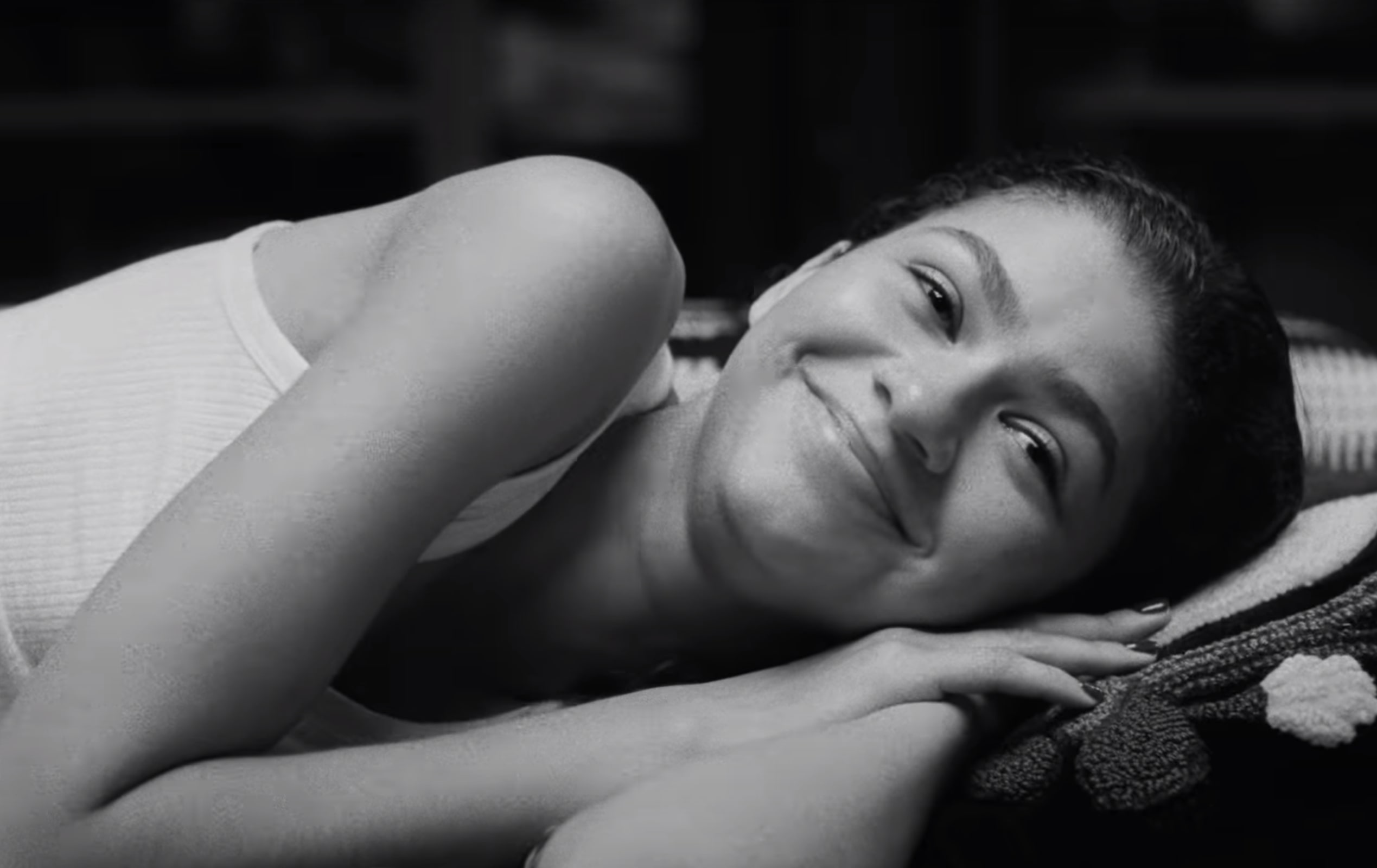
As he later tells Marie, he made a commercial film about a drug-addicted girl’s journey to recovery. While there are obstacles on Imani’s path because she is black, his film is not about race. When the review is published, Malcolm and Marie are taking a break from fighting. In those moments of a temporary truce, Malcolm lashes out at the reviewer’s attempt to restrict him and his art on the parameter of his racial and sexual identities. “Cinema doesn’t need to have an (expletive) message,” he claims. “It needs to have heart and electricity.”
Are Malcolm and Marie Going to be Together?
For all the shouting and bickering throughout the movie, the closing sequence is profoundly subdued. Right before they fall asleep, Malcolm offers Marie an apology before saying thank you. Their bedroom is definitely not where she originally wanted it, but that doesn’t diminish its importance. For the first time in their relationship, Malcolm is forced to accept that they have both made sacrifices for each other.
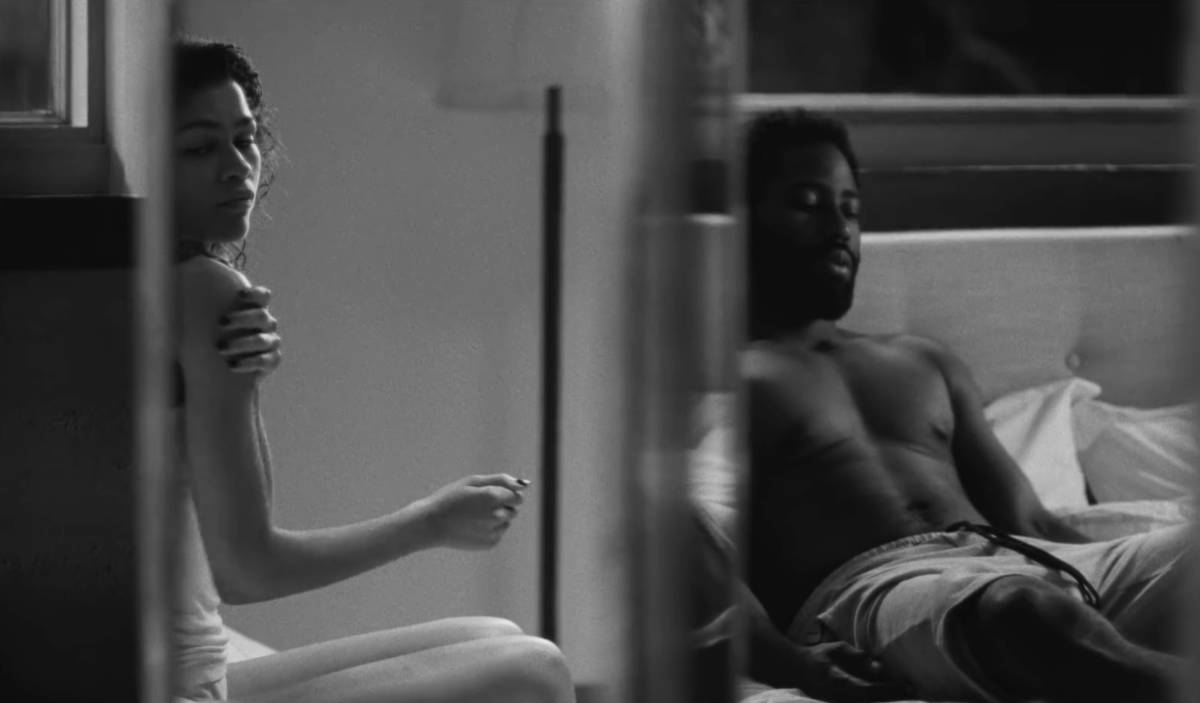
And through that acceptance, he can show that he wants to be in the relationship. So, when Marie responds by saying, “You’re welcome,” it serves as an acknowledgment that their relationship has managed to survive this terrible night. The following day, Malcolm wakes up and finds that Marie is no longer in bed with him.
After a moment of panic, he locates her standing outside. The film ends with both of them looking away from the camera. Considering their personalities, this will definitely not be the worst fight they will ever have if the relationship persists. The best thing they both can do is learn from these arguments and strive to become the best they can be for one another.
Read More: Is Malcolm & Marie a True Story?

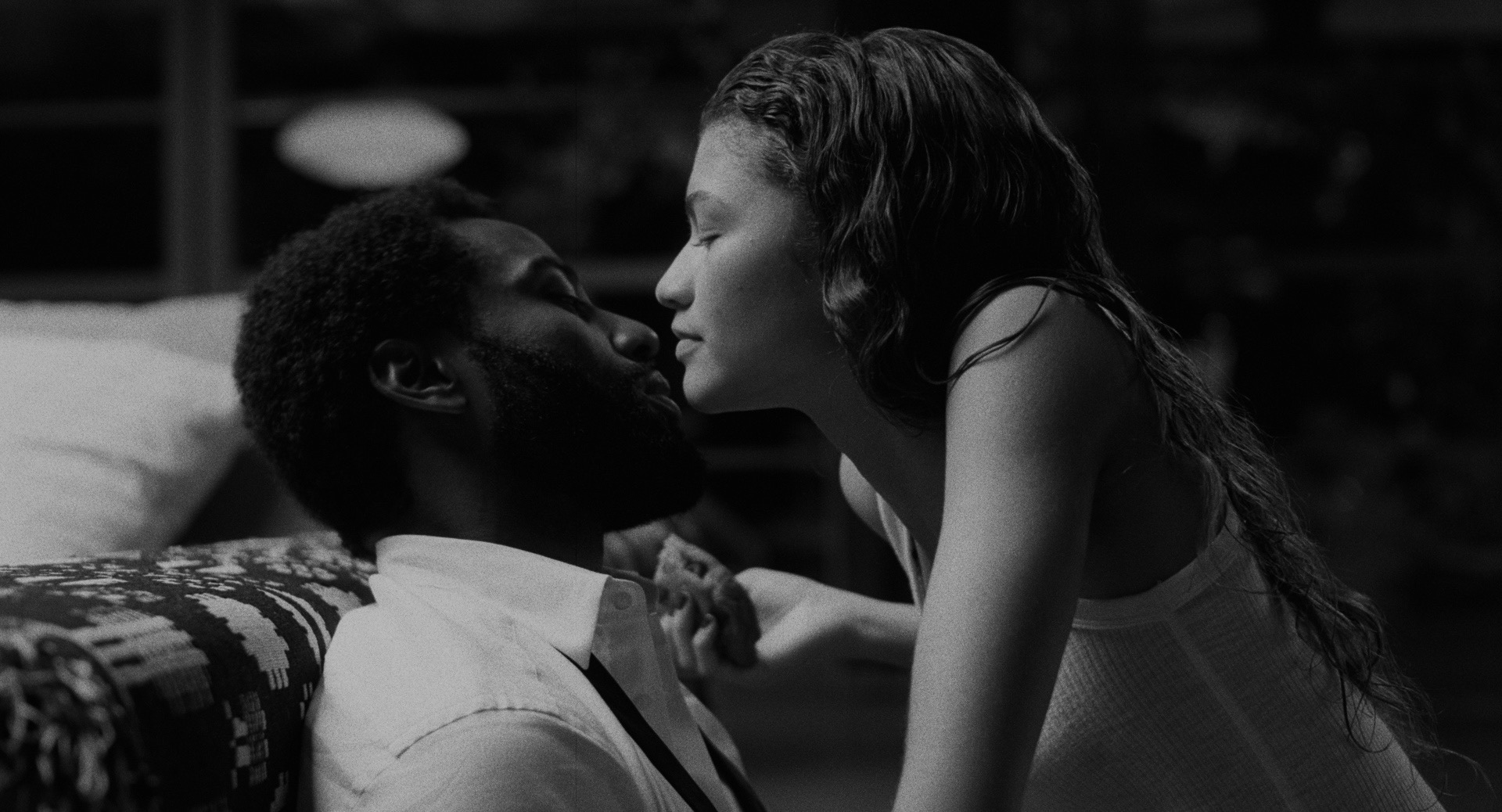
You must be logged in to post a comment.